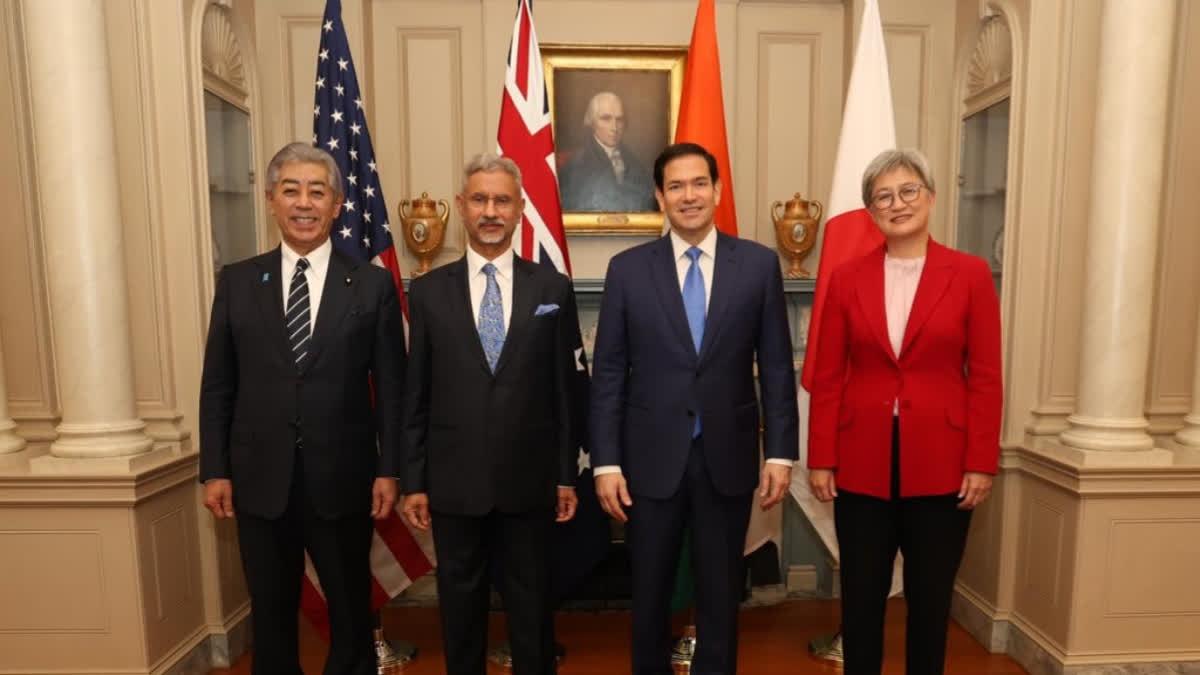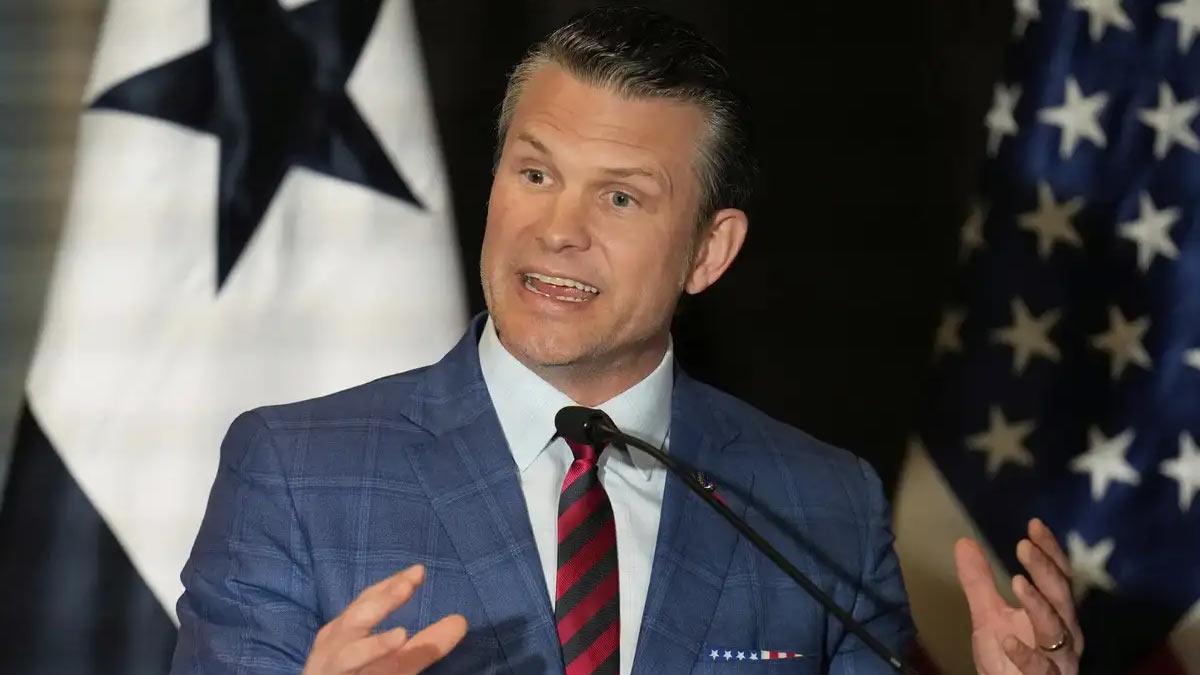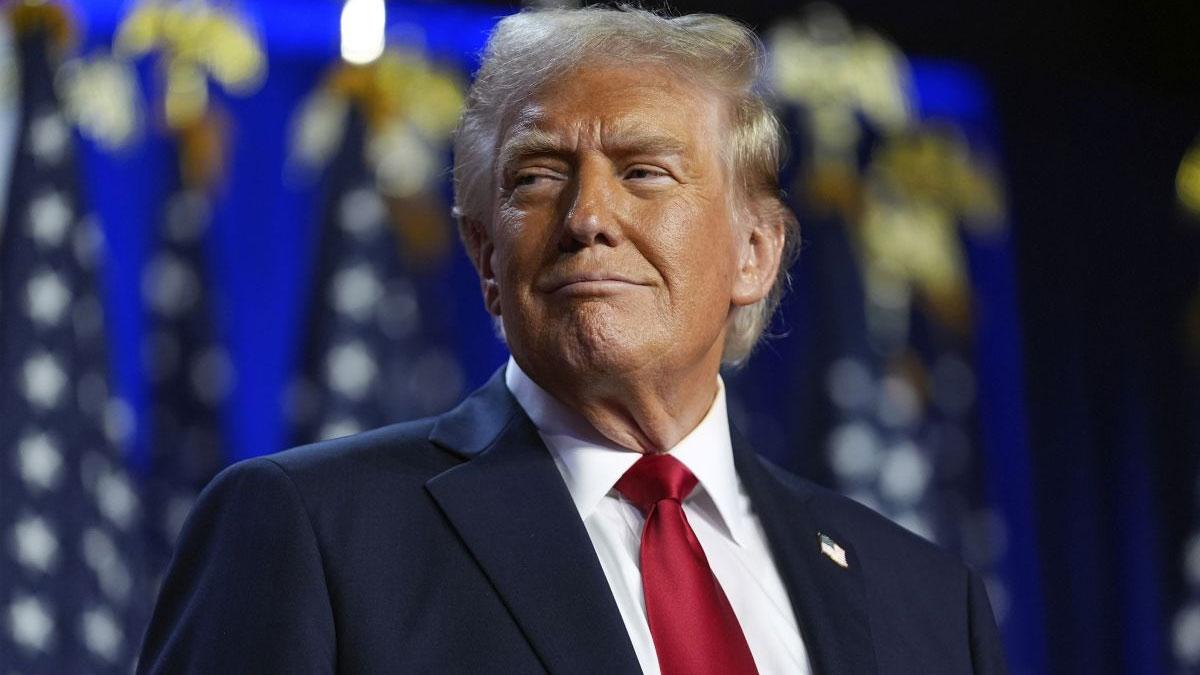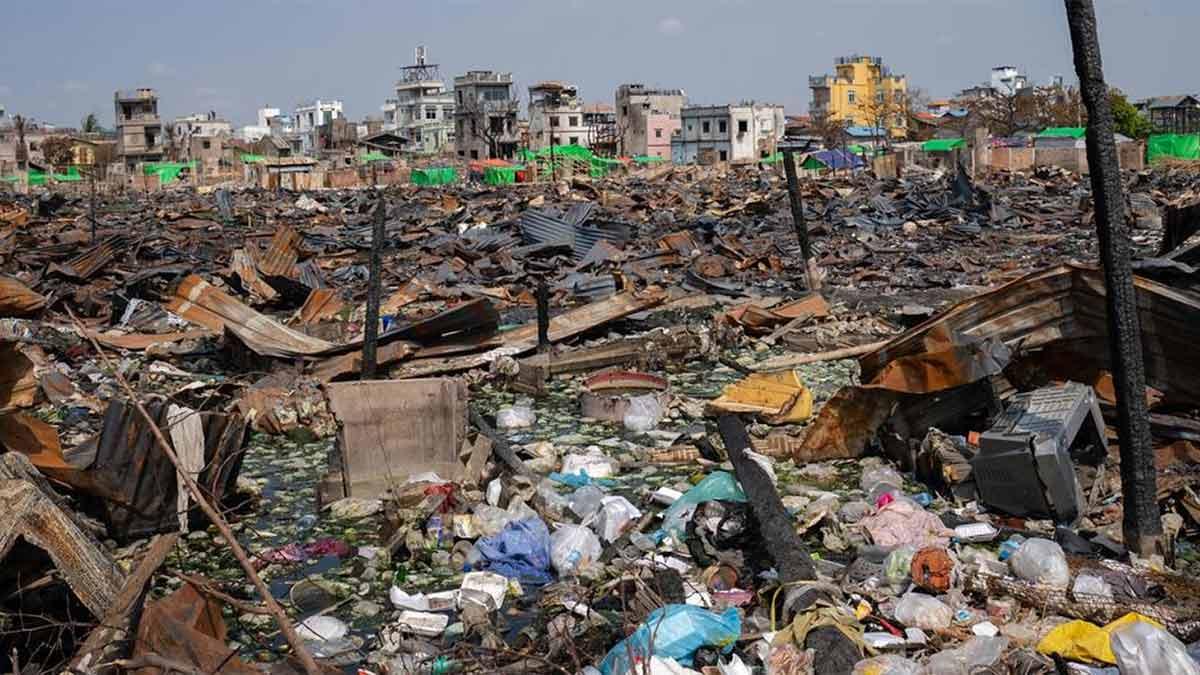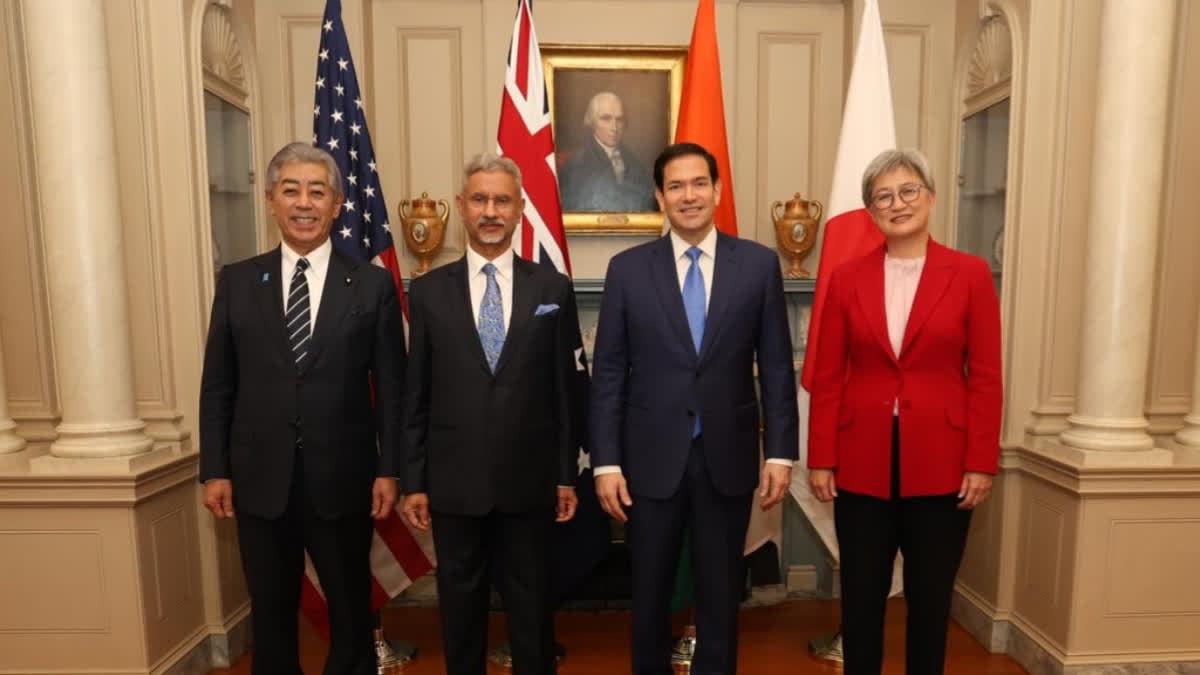Reaffirming their collective stand against terrorism, the Quad countries' foreign ministers have strongly called for those guilty of the recent terrorist attack in Pahalgam to be held accountable quickly. They highlighted the necessity of cooperation from all nations concerned with investigative agencies.
In a joint statement issued after their meeting on Tuesday, the ministers said, "We call upon the perpetrators, organisers, and financiers of this abominable act to be brought to justice forthwith and call upon all UN Member States, in accordance with their commitments under international law and applicable UNSCRs (Security Council Resolutions), actively to cooperate with all competent authorities in this regard."
The statement highlighted the Quad's firm opposition to terrorism. "The Quad unambiguously condemns all acts of terrorism and violent extremism in all its manifestation and form, including cross-border terrorism, and reaffirms our commitment to counterterrorism cooperation," it said.
Those present at the meeting included India's External Affairs Minister S. Jaishankar, US Secretary of State Marco Rubio, Australian Foreign Minister Penny Wong, and Japanese Foreign Minister Takeshi Iwaya — all of the four democratic forces of the Indo-Pacific region. This was their second ministerial meeting so far this year.
Condemning the attack in Jammu and Kashmir, they said, "We condemn in strongest terms the terrorist attack in Pahalgam, Jammu and Kashmir, on April 22, 2025, which resulted in the death of 25 Indian nationals and one Nepali citizen, and injured several others."
While the statement did not identify any particular nation, the organization that carried out the attack — The Resistance Front — has been reported to be tied to Lashkar-e-Taiba, a Pakistan-based terror group.
Before the ministerial meeting, Jaishankar had asserted India's right to protect itself, stating, "India has every right to defend its citizens against terrorism, and we will exercise that right." He further added, "We expect our Quad partners to understand and appreciate that."
The foreign ministers also said they are eagerly awaiting the next Quad summit to be organized by Prime Minister Narendra Modi later this year. US President Donald Trump, Australian Prime Minister Anthony Albanese, and Japanese Prime Minister Shigeru Ishiba are likely to participate.
As part of intensifying maritime cooperation, the ministers announced introducing the Quad Ports of the Future Partnership in Mumbai this year.
To broaden their footprint in the Indo-Pacific, the ministers unveiled a new action plan with emphasis on four key strategic areas: maritime and transnational security, economic prosperity and resilience, emerging and critical technologies, and humanitarian assistance with emergency response.
China was not mentioned by name but the statement quite obviously referred to its behavior, especially in disputed waters. "We are seriously concerned about the East China Sea and South China Sea situation," the ministers added. They also underscored threats such as "unilateral actions that aim to alter the status quo by coercion or force. risky and provocative movements, including interference with offshore natural resource development, repeated hindrance of the freedom of navigation and overflight, and risky maneuvers by naval aircraft and coast guard and maritime militia ships, particularly the unsafe use of water cannons and ramming or blocking operations in the South China Sea."
These are the sentiments expressed for increasing concern at Beijing's assertive posturing against the Philippines, Vietnam, South Korea, and Malaysia, particularly in regard to exploration of resources and territorial disputes.
"These actions undermine peace and stability in the region," the ministers claimed, with their added concern at rising militarization of contested territories.
Another region of concern raised was the exposure of global supply chains — particularly for key minerals. The Quad launched a new initiative to further boost resilience in the sector. "We are launching today the Quad Critical Minerals Initiative, an ambitious extension of our partnership to build economic security and collective resilience by working together to secure and diversify critical minerals supply chains," the joint statement added.
To enhance cooperative disaster response — an underlying core of the Quad — the ministers reaffirmed intentions to stage the first Quad Indo-Pacific Logistics Network field exercise this year. It aims "to enhance collective airlift capacity and harness our combined logistics capabilities to respond more quickly and effectively to natural disasters, supporting regional partners," the statement said.
Shifting focus to the Korean Peninsula, the Quad ministers denounced Pyongyang's continued nuclear weapons and ballistic missile programs. They urged North Korea to respect UN Security Council resolutions.
They also raised red flags about Pyongyang's cyber activities and illicit finance operations, expressing "grave concern over North Korea's malicious cyber activity, including cryptocurrency theft and use of workers abroad to fund North Korea's unlawful weapons of mass destruction and ballistic missile programs."
North Korea reportedly sent its people to assist Russian forces in the conflict of Ukraine, causing global alarm.
Closer to Southeast Asia, the ministers were concerned with the worsening political and humanitarian crisis in Myanmar. They called on the military leadership of the country and armed groups "to implement, extend and broaden ceasefire measures" in a bid to restore stability to the region.
Read also| Pakistan to Take Over UN Security Council Presidency for July Starting Tuesday
Read also| China Calls for Patience on Border Dispute with India, Open to Talks on Delimitation

